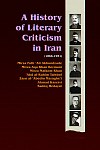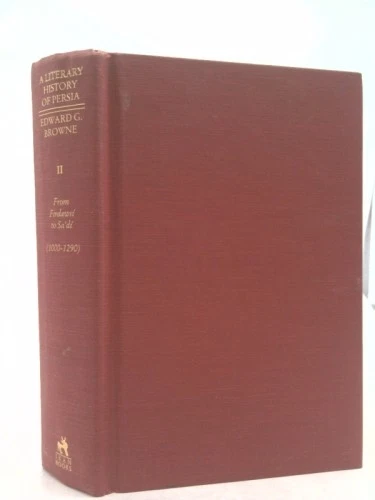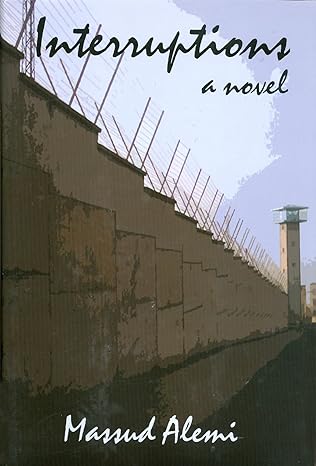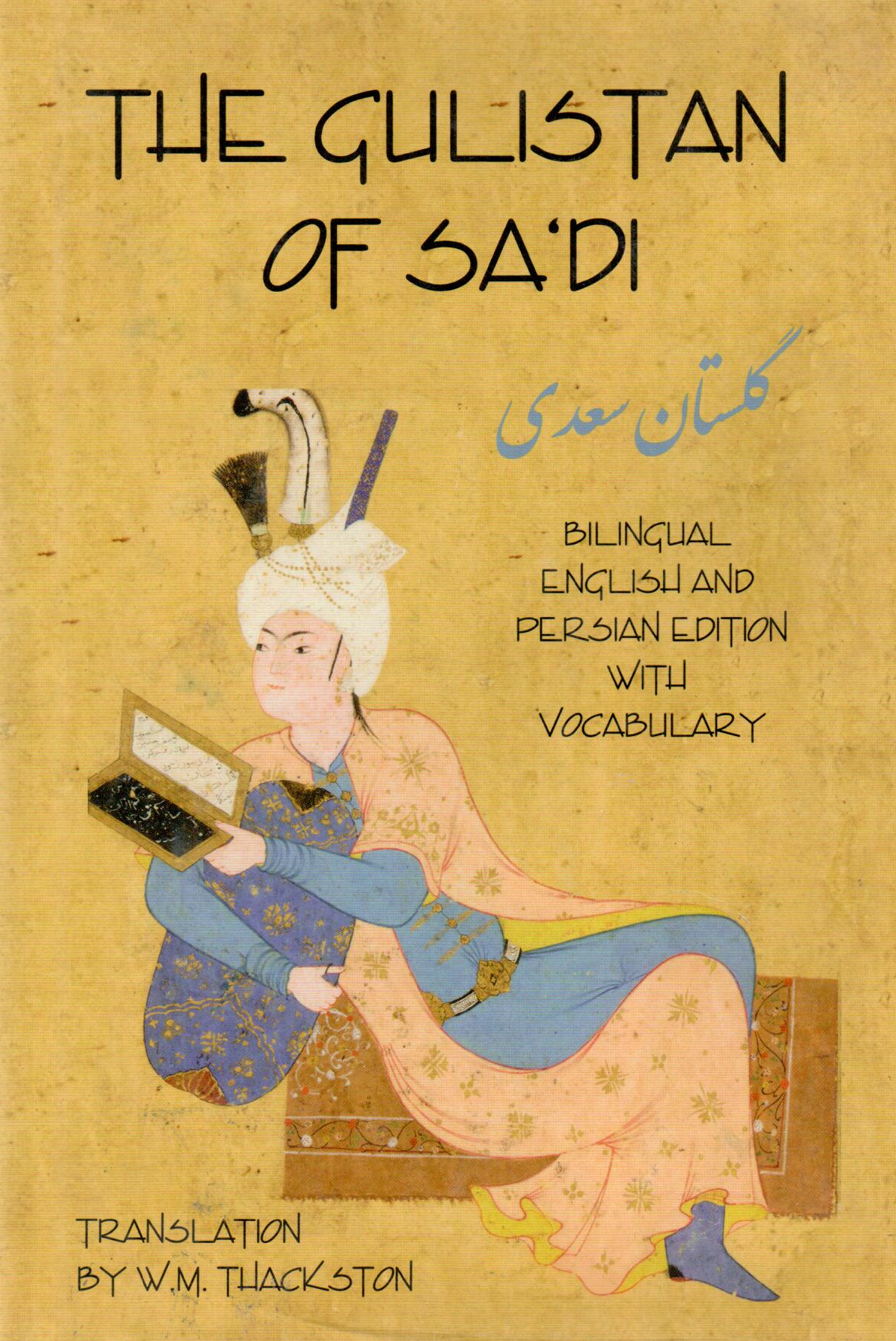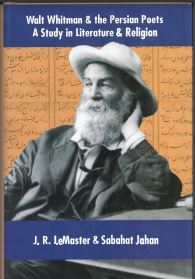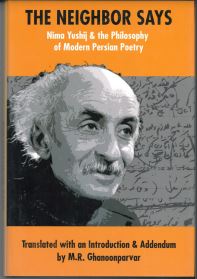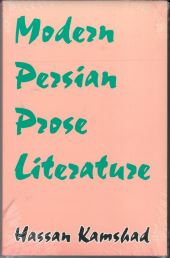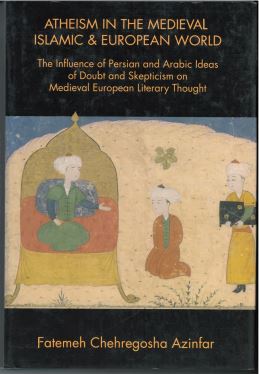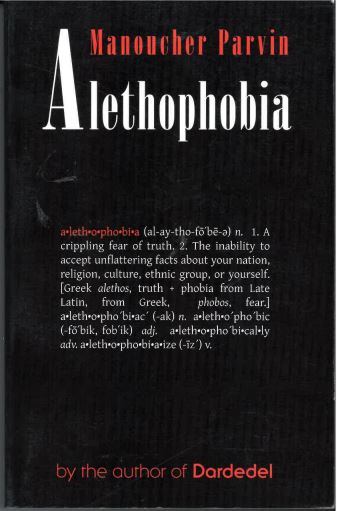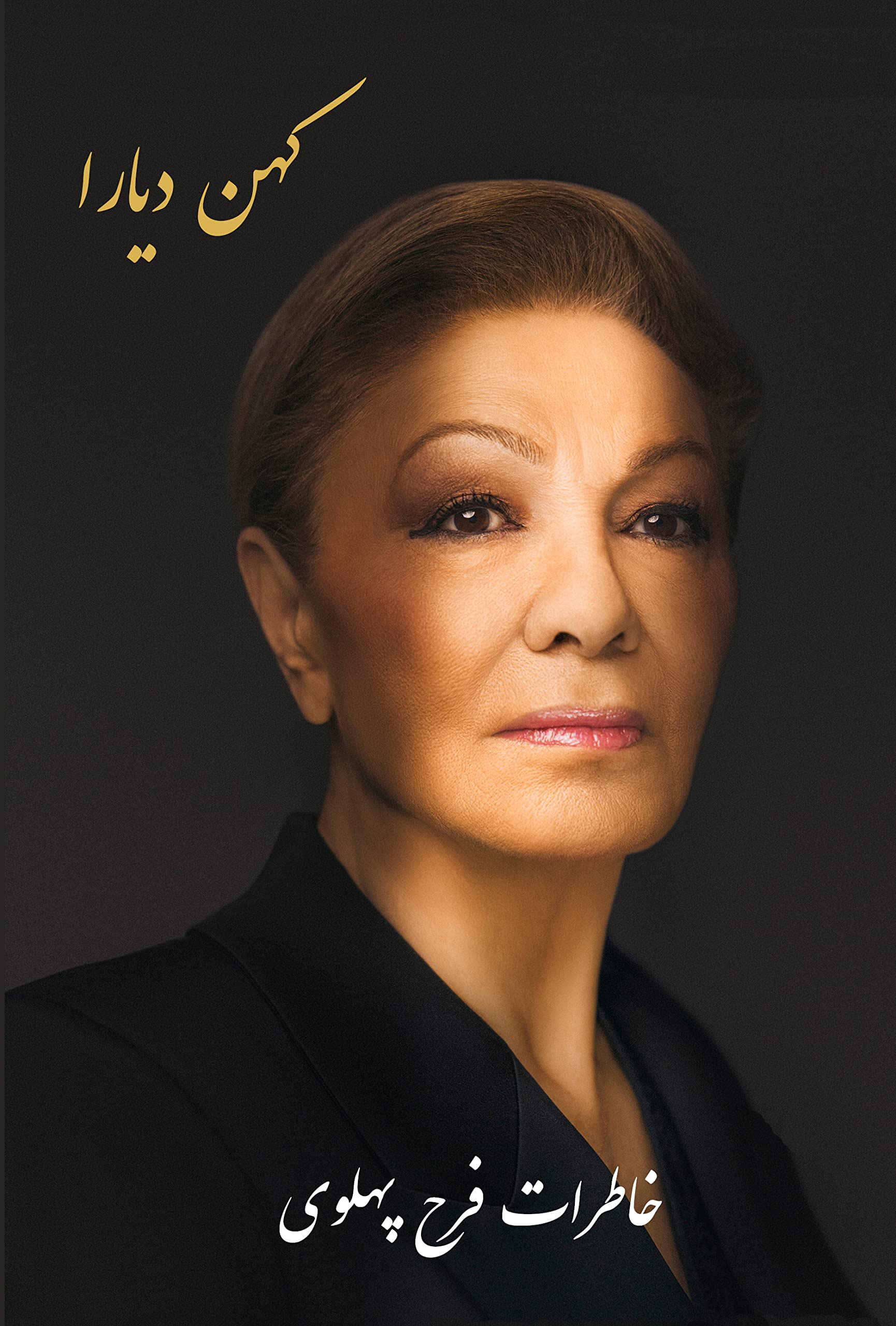A history of literary criticism in Iran (1866-1951) انگلیسی 1382
A history of literary criticism in Iran (1866-1951)
41٫39 $
اشتراکگذاری
Wishlist
شابک:
1588140164
ناشر:
IBEX Publishers, Inc
گروه سنی:
بزرگسال
صفحات:
352
وزن:
800 g
ابعاد:
18 x 25 x 2٫46 cm
جلد کتاب:
جلد سخت
( For US customer $45)
In the historical analysis of modern Persian literary criticism the contribution made by tenth century Iranian socio-political enlightened thinkers of Iran regretfully have not been fully examined as yet. This book contains a comprehensive research on the works of leading figures in the field of literary criticism in modern Iranian thought of the nineteenth century: Mirza Fath `Ali Akhundzade, Mirza Malkom Khan, Mirza `Abd al-Rahim Talebof and Zeyn al-`Abedin Maraghe`i. Inclusion of Ahmad Kasravi and Sadeq Hedayat was considered appropriate later due to some common aspects of critical attitude to the predecessors.
These critics who employed their thoughts and pens in the service of the masses criticized ignorance, injustice and despotism, and since they were experienced authorities on literature, they attacked the writers and poets whose works served despotism. These criticisms were the first seeds of modern literary criticism sown in the field of social and political life, which has helped the young tree of literary criticism to bear fruit.
The product of four years of research work by the author in this field, are worth considering because it can in
more
( For US customer $45)
In the historical analysis of modern Persian literary criticism the contribution made by tenth century Iranian socio-political enlightened thinkers of Iran regretfully have not been fully examined as yet. This book contains a comprehensive research on the works of leading figures in the field of literary criticism in modern Iranian thought of the nineteenth century: Mirza Fath `Ali Akhundzade, Mirza Malkom Khan, Mirza `Abd al-Rahim Talebof and Zeyn al-`Abedin Maraghe`i. Inclusion of Ahmad Kasravi and Sadeq Hedayat was considered appropriate later due to some common aspects of critical attitude to the predecessors.
These critics who employed their thoughts and pens in the service of the masses criticized ignorance, injustice and despotism, and since they were experienced authorities on literature, they attacked the writers and poets whose works served despotism. These criticisms were the first seeds of modern literary criticism sown in the field of social and political life, which has helped the young tree of literary criticism to bear fruit.
The product of four years of research work by the author in this field, are worth considering because it can in
more

